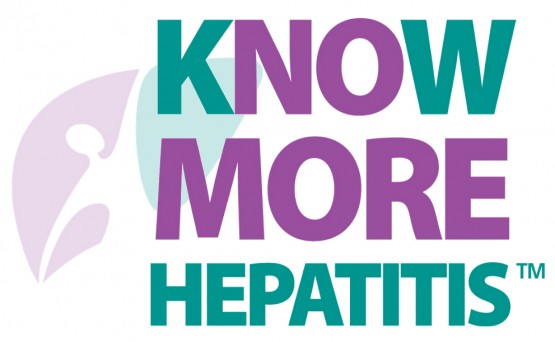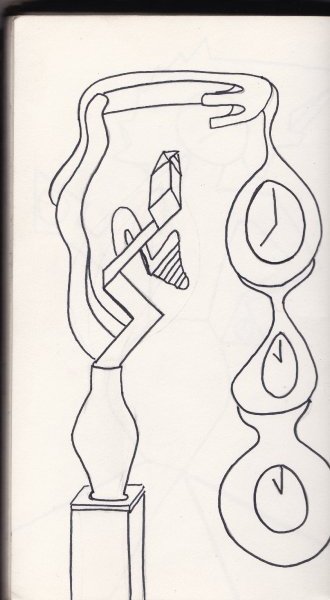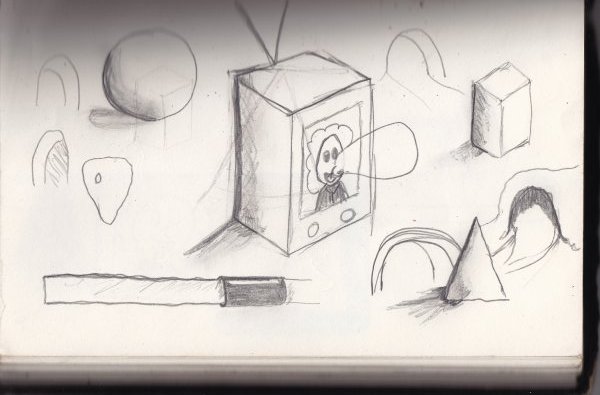The Centers for Disease Control and Prevention (CDC) kicked off National Hepatitis Awareness Month with the release of a rather alarming report, which should inspire us all into taking action. The study noted that deaths from hepatitis C continue to rise in the US, reaching an all-time high of 19,659 deaths in 2014. But what does this number really mean to the rest of the population who may not be fully aware of the prevalence of hepatitis? One word: awareness.

In the US alone, there are about 800,000 to 1.4 million people are living with hepatitis B and 2.7 to 3.9 million people with hepatitis C virus. According to the CDC, a significant number of people with hepatitis C belong to the “baby boomer” generation, born from 1945-1965. Experts suspect that these people may have been infected in the 70s and the 80s when the rates of hepatitis C were the highest. Baby boomers, therefore, are highly urged to be mindful of taking control of their health care and request hepatitis screenings while at doctor visits, if they are not offered.
However, most infected people do not know that they have the virus. In fact, they can even live for years without exhibiting any symptoms — at least not until the disease progresses. And if left untreated, hepatitis can lead to a more serious problem like liver failure, cirrhosis (scarring of the liver), and worst, to liver carcinoma or cancer. Thus the importance of awareness, as stressed by CDC’s “Know More Hepatitis.”
Multiple factors contribute to the number of deaths from hepatitis, including poor awareness of the disease, its transmission and symptoms — or the lack thereof. Depending on the type of virus, hepatitis can generally can be spread by various means including: unsanitary health care settings; blood transfusions; body piercings; tattoos done in an informal facilities; organ transplants; unsafe sexual contact; and even from an infected mother to her infant.
Awareness — being the key to sound health — could make all the difference in the world, in improving the prevention of, and securing the treatment for hepatitis. You can do this! Here are some helpful links to resources on what you need to know about hepatitis:
Learn more about vaccine-preventable types of hepatitis here
Share these educational multi-media materials on liver health, hepatitis and vaccination
Participate in continued free screening events like these awareness events in New York City
Know more about getting access to hepatitis treatment and medication here
As National Hepatitis Awareness Month continues to quickly fly by, ADRLF urges you to pause, take control, and stay in the know!





























